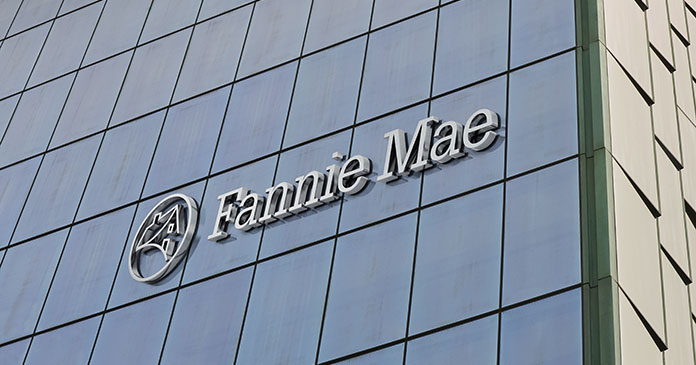
Fannie Mae has remained committed to assisting residential tenants in Fannie Mae-financed multifamily rental housing who are facing financial hardship due to the COVID-19 pandemic. In support of the announcement by the Federal Housing Finance Agency (FHFA), Fannie Mae today announced that multifamily property owners with mortgages backed by Fannie Mae who enter into a new, extended, or modified forbearance agreement must inform residential tenants in writing about tenant protections during the multifamily property owner’s forbearance and repayment periods.
Multifamily property owners with Fannie Mae-backed mortgages may enter into new or, if qualified, extended forbearance arrangements if they experienced or continue to experience a financial hardship due to the COVID-19 emergency. While in forbearance, the property owners must agree not to evict residential tenants solely for the nonpayment of rent. The FHFA announced on June 29 additional residential tenant protections that apply during the repayment periods. These protections include:
- giving residential tenants at least a 30-day notice to vacate,
- not charging residential tenants late fees or penalties for nonpayment of rent, and
- allowing residential tenants flexibility to repay back rent over time and not in a lump sum.
In addition to the residential tenant notification, Fannie Mae also is updating its Renters Resource Finder, the company’s online multifamily property loan look-up tool, to make it easier for tenants to determine if the multifamily property they live in has a Fannie Mae-backed mortgage. Additionally, Fannie Mae will be providing information helpful for tenants, including how tenants can locate assistance options that may be available if they live in a multifamily property financed by the company.
Among the assistance options available is access to Fannie Mae’s Disaster Response Network (DRN), a free resource provided by Fannie Mae through Money Management International (MMI) for residents living in apartments financed by Fannie Mae. The DRN offers support from HUD-approved housing counselors*, such as a personalized recovery assessment and action plan, financial coaching and budgeting, and ongoing check-ins to help those who have been impacted financially by COVID-19. Residents can check with their property manager or building owner for more information about the DRN.
For the latest information and resources around COVID-19 available to renters, homeowners, lenders, and servicers, visit Fannie Mae’s Here To Help portal.
Since March, Fannie Mae has taken a number of actions to help renters and homeowners facing financial hardship due to the COVID-19 pandemic. We previously extended eviction protections to multifamily renters when the property owner received a forbearance, suspended foreclosures and evictions affecting homeowners, reminded homeowners they are never required to repay missed payments during a forbearance period all at once, shared tips to help homeowners avoid foreclosure fraud or scams, and announced a new COVID-19 payment deferral option to help homeowners who are ready to resume their monthly mortgage payments following a COVID-19 forbearance.
*Operated by Clearpoint Credit Counseling Solutions, a division of MMI, through its Project Porchlight program











